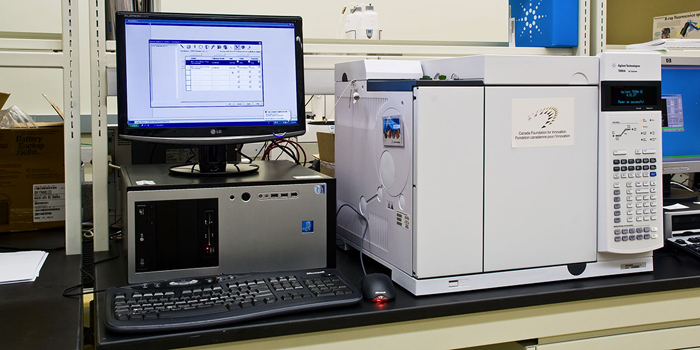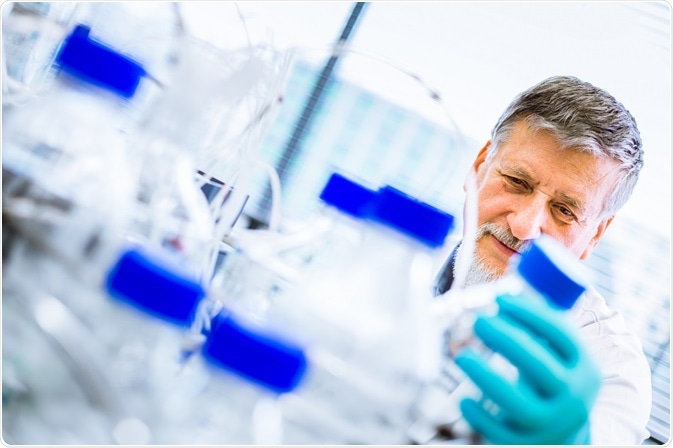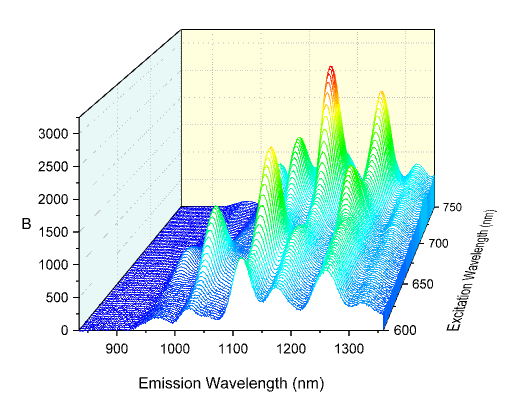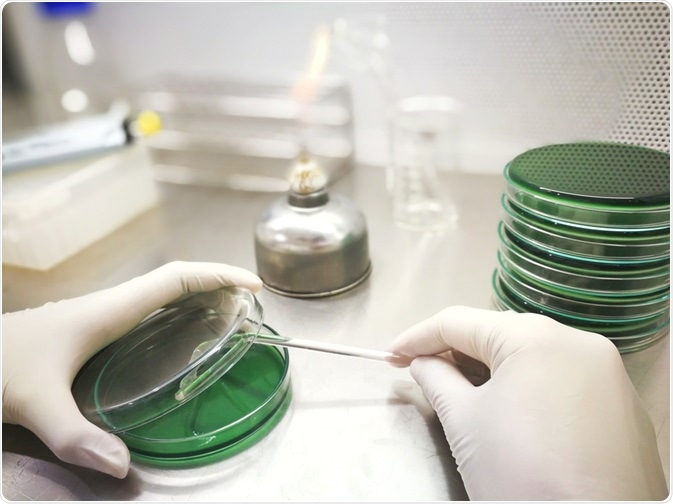 OPERATION, CALIBRATION, TROUBLESHOOTING AND PRACTICE MAINTENANCE.jpg)
 OPERATION, CALIBRATION, TROUBLESHOOTING AND PRACTICE MAINTENANCE.jpg)
The course is designed for chemists, lab technicians, chemical engineers, instrument engineers and lab supervisors/managers.
This interactive Training will be highly interactive, with opportunities to advance your opinions and ideas and will include;
Module One:
• Introduction
• History of Chromatography
• Type of Chemical Analysis
• Separation Analysis
o Separations in everyday life
o Simple separation procedures
o Classification of separation process
o Chromatographic Separation
o Types of Separation Chromatography
• Symbols and terms of Chromatography
• Physical forces and interactions chromatography
• Fundamentals of chromatography
o Definitions
o Basic System Design
o Concept of Polarity
o Properties of Separation
o Physiochemical Processes of Separation
o Adsorption
o Partition
o Ion Exchange
o Size Exclusion
Module Two:
• Type of Chromatographic Analysis
• Gas Chromatography
• Objectives & Definitions
• Principals of GC
• Mobile and Stationary Phase
• Instrumentation of Gas Chromatography
• Mobile Phase
• Gas Supplies
• Sample Introduction, Injection Ports and Valves
o Packed Column Injectors
o Open Tubular Column Injectors
o Injection Methods and Techniques
o The role of sample introduction and injection ports in GC operations
o Injection ports maintenance and its impact on GC performance
Module Three:
• Columns
o Open Tubular Capillary GC Column
o Packed GC Column
o Configurations of the stationary phase
o Column selection & maintenance
o Selecting Stationary Phases
o How columns can impact GC performance
• Detectors
o Flame ionization Detector
o Thermal Conductivity Detector
o Other Detectors
o Detector Selection
o The role of Detectors in GC operations
o Detector maintenance
o How detectors can impact GC performance
• GC operation
o Setup and GC Operation, Basic steps
o Sampling Techniques
o Programmed Temperature GC
o Peak Dispersion in a Chromatographic Column
o Your First Chromatogram
o From Chromatograms to Report
Module Four:
• Maintenance and troubleshooting
o Errors in Qualitative and Quantitative Analysis
o Correction of errors and improving accuracy
o Preventive maintenance
o Routine Maintenance
o Practical application for schedule maintenance
o How to replace spare parts
o Troubleshooting fixation
• Evaluation of GC
• Data Acquisition and Calibration
o Recorders & Data Acquisition
o Data analysis
o Data Acquisition and Processing
o Data Processing
o Calibration
o Data Acquisition and Processing System
o Calibration linked to GC performance
• Data Results
o Recorders & Data Acquisition
o Data analysis
o Data Acquisition and Processing
o Data Processing
Module Five:
• Application in analysis by Gas Chromatography
o Analysis of Non-volatiles
o Water sample & Inorganic GC
o Organic and petroleum samples
o Qualitative & Quantitation Analysis Strategies
o Performing Trace Analysis
o Errors in Qualitative and Quantitative Analysis
o Chemical laboratory measurement evolution
• Method Development & validation
• Quality Control & Quality Assurance
o Statistical in analytical methods
o Data Validation of analysis results
o Quality Assurance Program
o Evaluation of analytical data
o Study Performance and Reporting
BTS attendance certificate will be issued to all attendees completing minimum of 80% of the total course duration
| Code | Date | Venue | Fees | Register |
|---|---|---|---|---|
| LAB122-01 | 27-04-2026 | Istanbul | USD 5950 | |
| LAB122-02 | 12-07-2026 | Dubai | USD 5450 | |
| LAB122-03 | 13-09-2026 | Manama | USD 5450 | |
| LAB122-04 | 08-11-2026 | Cairo | USD 5450 |

This course is designed to integrate the various aspects and techniques within the field of separation science. We will cover theory, instrumentation, and practice of modern separation techniques incl ...

One of the most important separations, qualitative and quantitative technic is chromatograph, It is need time to gain experience in this field of analysis so, training is very effective to help traine ...
 OPERATION, CALIBRATION, TROUBLESHOOTING AND PRACTICE MAINTENANCE.jpg)
The purpose of this course is to provide advanced training in liquid chromatography techniques and demonstrate their application in practical industry and laboratory problems. The course covers: major ...
 & MOLECULE IDENTIFYING.jpg)
Spectroscopy has become an important tool in chemical analysis to identify unknown molecules. This course will serve as an introduction to UV, IR, NMR and MS-spectroscopy and their applications in ind ...

Since the scientist have needed to know the identity and quantity of the materials with which they are working. Consequently, the development of chemical and physical analysis parallels the developmen ...

What does it mean to be a scientist or technician in a laboratory? Why do laboratory staffs ask questions such as what is that substance and why does it react that way? Since the beginning of time, m ...
Providing services with a high quality that are satisfying the requirements
Appling the specifications and legalizations to ensure the quality of service.
Best utilization of resources for continually improving the business activities.
BTS keen to selects highly technical instructors based on professional field experience
Since BTS was established, it considered a training partner for world class oil & gas institution
1st floor, Incubator Buildingو Masdar City, Abu Dhabi, UAE
Sun to Fri 09:00 AM to 06:00 PM
Contact Us anytime!
Request Info